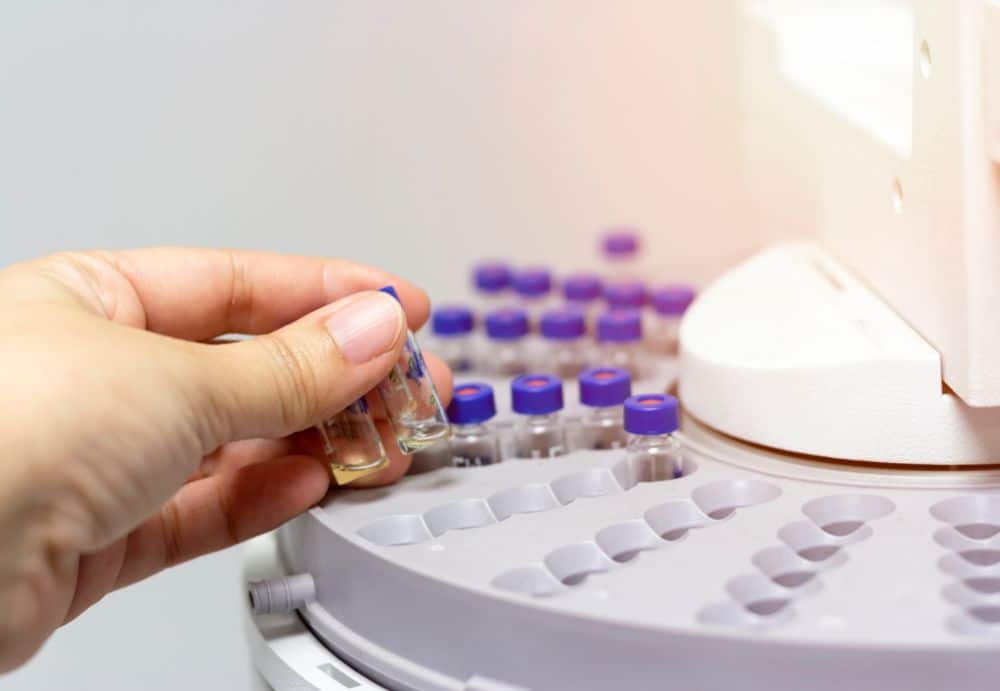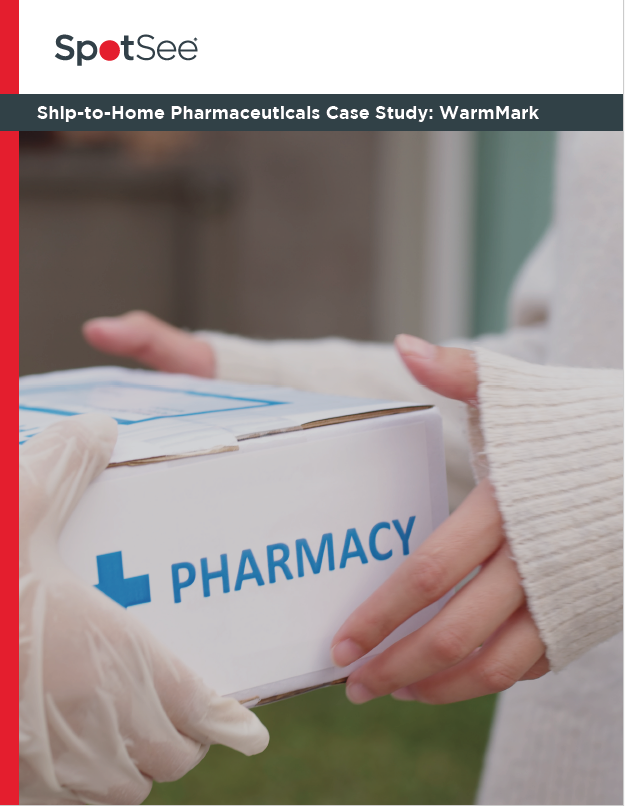Pharmaceutical Cold Chain Monitoring
Click HereCold Chain Logistics Grow Alongside Biologics
It typically takes $2.6 billion and 10 years for a drug to be approved. Heat, cold, impact or vibrations throughout the pharmaceutical supply chain can destroy a drug in moments, changing medications into ineffective or even dangerous substances that can harm patients, which is why effective pharmaceutical cold chain monitoring is increasingly critical for temperature-sensitive therapeutics.
As researchers turned from one-size-fits-all medications to more targeted therapeutics, temperature and handling became more important. Biologics – therapeutics made from living cells – were developed and the number and type of vaccines also increased. These environmentally sensitive therapeutics make up about half of the drugs approved in the past several years, according to Pharmaceutical Commerce. Many are sensitive to temperature, vibrations and impacts, and need a robust cold chain logistics program so they can remain viable for patients.

Aside from biologicals, vaccines and blood products, however, relatively few pharmaceutical products require refrigerated or frozen temperatures. Most, in fact, most favor controlled room temperature (CRT) and, when protected from harsh temperatures, can be shipped as standard trucking or air freight. Like their highly sensitive cousins, though, CRT products are now monitored for temperature as they are shipped throughout the global pharmaceutical supply chain.
Cost Effective Pharmaceutical Cold Chain Monitoring Options
A variety of pharmaceutical cold chain monitoring options are available for healthcare logistics, from go/no go temperature indicators to temperature recorders featuring real-time reporting. Here are a few:
Cold Chain Complete Temperature Card, a go/no go freeze indicator coupled with a time-temperature warm indicator, changes color when it becomes too hot or too cold. It is good for cold chain logistics products that are sensitive to both heat and cold.
WarmMark® Time Temperature indicator is designed for products that must stay below a specific temperature. This indicator is available with threshold limits from -18°C/0°F all the way to 37°C/99°F. The 8°C / 46°F version is currently being used to monitor COVID-19 specimens in transport and storage. The WarmMark is a single-use temperature indicator that turns red when temperatures exceed the chosen threshold and also provides information regarding the duration of the temperature excursion.
MaxiLog Alert is a convenient palm-sized designed device that combines robust temperature monitoring with simple data retrieval via built-in USB interface with direct download to software. Available for standard and low temperature monitoring, these single and multi-use loggers are complete with options to customize start time delay, sampling intervals, high and low alarm values, alarm type and measurement data.
The ShockWatch RFID impact indicator is a good addition to shipments of biologics that are sensitive to impacts. These passive RFID indicators can help document chain of custody because their position and impact status is scanned into asset tracking systems each time they pass an RFID reader. When used with a temperature indicator, ShockWatch RFID tags provide a complete solution for cold chain/supply chain monitoring.
Pharmaceutical Supply Chain Monitors Enable Logistics Optimization and Accountability
 In pharmaceutical cold chain monitoring, knowing whether an excursion occurred and when or where it happened is essential to maintaining shipment integrity. This level of accountability helps you learn what happened and fix what went wrong, so you can take a proactive approach to risk management and damage prevention.
In pharmaceutical cold chain monitoring, knowing whether an excursion occurred and when or where it happened is essential to maintaining shipment integrity. This level of accountability helps you learn what happened and fix what went wrong, so you can take a proactive approach to risk management and damage prevention.
One pharma shipper, for example, learned an excursion occurred on its own shipping dock, caused accidentally by an overzealous employee. Retraining solved the problem. This can be caused when a container isn’t assembled correctly, products or coolants are not properly pre-conditioned, or external temperatures outpace the capability of the packaging. All of these potential mishaps exemplify the value of temperature monitoring.
Another learned about the perils of tarmacs on even balmy days. Changes to packaging and handling ensued. Problems like those contributed to a shortage of more than 200 medications in 2019, according to the American Society of Health-System Pharmacists. These aren’t the only disruptions a pharmaceutical supply chain can face. The FDA points out that drug shortages can be exacerbated by logistical challenges. They recommend pushing for better quality management by manufacturers to avoid supply chain mishaps caused by employees, weather, accidents, and geographical challenges.
Logistics condition monitors are a vital technology in the pharmaceutical supply chain that helps ensure product quality hasn’t deteriorated during shipping and, therefore, is safe to use. And, it provides invaluable insight into the supply chain so you can identify and resolve problems before they occur.
To find the controlled-temperature logistics solution best for you, get in touch with us.








